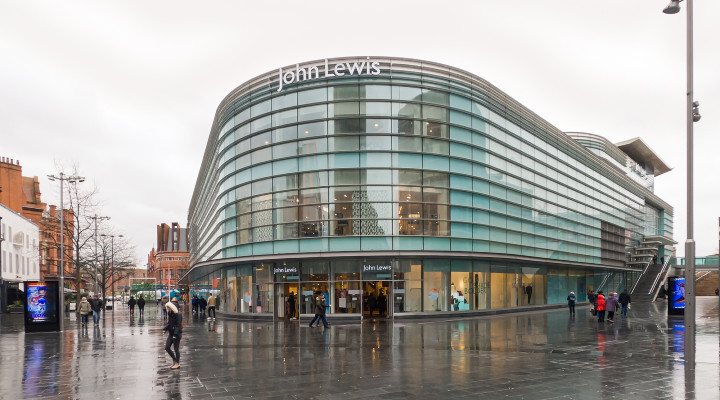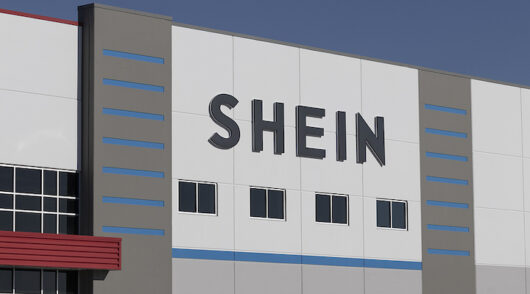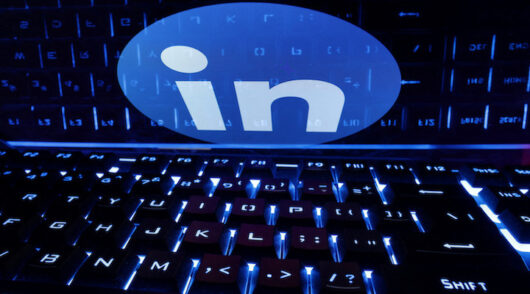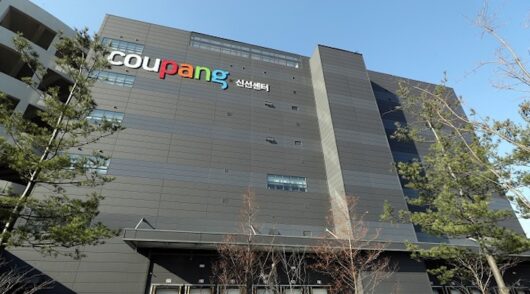Last week, the UK’s John Lewis Partnership announced that it has entered into a $127 million (£100 million) five-year contract with Google Cloud. While the move reflects the vital role of technology in today’s fast-changing and competitive retail environment, experts say it could be some time before the retailer sees a return on its investment.
This heralds a new era for the John Lewis Partnership, as it embarks on a digital transformation of its cherished brands, John Lewis and Waitrose. Central to this initiative is offering shoppers an even more bespoke shopping experience.
The agreement will see John Lewis shift more of its technological infrastructure to Google Cloud, which will enable the company to harness advanced technological tools, such as sophisticated artificial intelligence (AI) and machine learning (ML).
From an end user perspective, it promises to accelerate the efficiency of the John Lewis partnership’s employees, allowing them to offer a more enriched customer-centric approach and wield data-driven insights for product and service refinement.
Zak Mian, chief transformation and technology officer at the John Lewis Partnership, said a potential use case was an image scanning feature in the John Lewis app, which customers could use to show the retailer’s home design stylists a room they’re looking to furnish.
“Not only does it save customers a lot of time and hassle, but even before the appointment we can take inspiration from their unique preferences and give tailored recommendations that can even complement products they already have. We’re looking forward to an era of fresh innovation,” Mian said.
The agreement is also expected to help the company get closer to offering its much-anticipated pan-Partnership loyalty programme, which is slated to launch in 2024.
A balanced perspective
According to Ananda “Andy” Chakravarty, vice president of research for retail at IDC, the collaboration with Google Cloud will enable John Lewis to access the AI and ML capabilities built into the solution, including generative AI capabilities.
“Many competitors are driving this market, but GenAI and AI/ML solutions are still in their infancy. Market advantages will be realised over the long term, specifically those companies that join John Lewis in their efforts to adopt AI will have automated, scalable solutions tested and deployed before others,” he told Inside Retail.
He went on to say that AI/ML tools will extend John Lewis’ ability to capture larger sets of data for personalisation, including better understanding of the market.
“Depending on the shared information by customers, shoppers can find that they experience scenarios with not only the products they want and need, but also convenient ways they seek to purchase,” he added.
Chakravarty also said that the partnership will make the John Lewis workforce more efficient, as they will be able to use AI tools to manage tasks in areas like marketing, distribution, error checking, and customer service, as well as more complicated use cases in the future.
Return on investment
For a contract that is worth $127 million over five years, there will be considerable pressure on John Lewis to measure the return on investment in the short and medium term. But Chakravarty believes this is going to be a tricky exercise.
“The ROI is difficult to measure before launch, and short to medium term goals won’t be related to bottom line impact, but rather implementation and understanding of the solution. ROI will be icing on the cake,” he said.
John Lewis reported a $99 million (£78 million) loss in its 2022-23 year results, and announced additional write-downs on the value of some of its Waitrose stores, which increased its losses to $297 million (£234 million). However, its balance sheet is strong, with $2 billion (£1 billion) of cash and access to an $820 million (£420 million) credit facility.
But Chakravarty doesn’t expect the Google Cloud deal to have an impact on the business recovery in the near term.
“The work for the collaboration is more innovative, and although there might be some windfall from the partnership in short term impacts to the business, the AI play by its very nature must be a longer term partnership and engagement. This should have limited effect on the recovery,” he explained.
The bigger picture
According to Chakravarty, in a world where retailers are now scrambling to adopt more automation and AI/ML solutions, this partnership will put a spotlight on both John Lewis and Google Cloud , and perhaps even a “target on their back”.
“The largest challenge will be change management – working with AI/ML is not the same as prior efforts and for a company like John Lewis, with almost a century of experience in retailing their own way, the change will not be trivial,” he added.
Interestingly, the deal with John Lewis is the second such partnership that Google Cloud has done in the retail sector. In November last year, it inked a five-year partnership with Kingfisher, an international home improvement company, to enhance its digital capabilities.
“Google’s smart play will be continued expansion in retail – worldwide including Europe – John Lewis and Kingfisher make up less than one per cent of the European retail market. growth in this space will be inevitable,” Chakravarty noted.
Ultimately, he believes the most significant long-term implications for John Lewis will be faster time-to-market for Google’s technology capabilities. This will also drive increased competition and rapid conversion of AI/ML technologies into retail capabilities.
“Customers won’t see the AI, the bulk of it will be embedded and invisible. However, companies that leverage AI/ML properly will have and show an edge, particularly in profitability,” he concluded.






